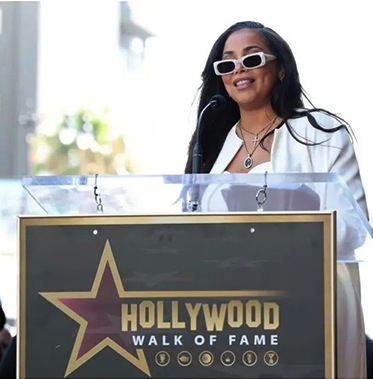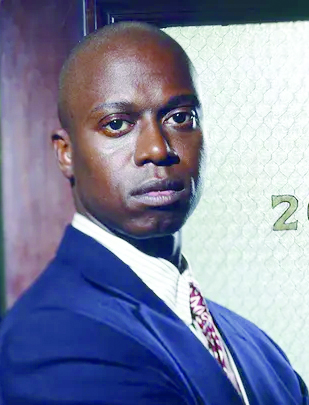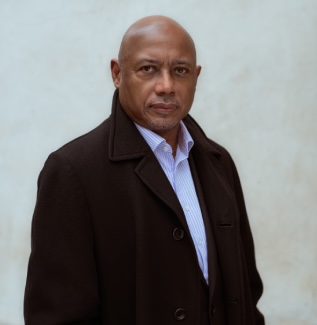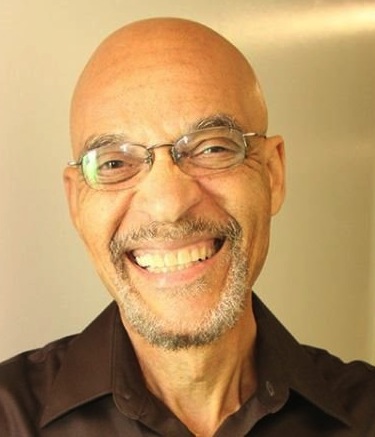Michael Jackson estate executors are fighting daughter Paris’ latest challenge

LOS ANGELES — The long-running administration of Michael Jackson’s estate has entered another contentious phase, as co-executors John Branca and John McClain filed a new supplement defending their decision to pay significant legal fees, including $250,000 bonuses to outside attorneys—while accusing Paris Jackson’s lawyers of lodging untimely and misguided objections.
In the Fifth Supplement to the Fee Petition, filed July 14, 2025, in Los Angeles County Superior Court, the executors state that Paris Jackson’s objections—submitted more than a year after the original petition—should be overruled outright.
The filing contends that no other heirs or the California Attorney General have opposed the payments. Paris Jackson, 27, is the second child and only daughter of the late pop legend Michael Jackson. Her biological mother is Debbie Rowe, an ex-wife of Jackson who signed over custody of Paris and her brother, Prince Jackson, following the couple’s divorce in 1999. Paris and Prince’s youngest sibling is Prince Michael Jackson II, also known as “Bigi” Jackson.
A source familiar with the estate’s position said the executors do not see this dispute as a personal clash with Paris. Rather, the source characterized the objections as stemming from her attorney’s lack of familiarity with complex entertainment estates, describing the lawyer as relatively inexperienced in this area and not part of a major Los Angeles-based firm.
According to the source, the estate’s team views the objections as reflecting “a large amount of naïveté” about how music industry transactions are handled. Central to the dispute is the compensation awarded to two law firms, Kinsella Holley Iser Kump Steinsapir LLP and Greenberg Traurig LLP. The executors argue these firms were pivotal in negotiating the 2018 sale of the estate’s minority stake in EMI Music Publishing to Sony for $287.5 million—an asset they say the estate acquired in 2012 for just $47,500. At the time of that acquisition, EMI’s publishing division controlled 1.3 million copyrights, with a catalog that included music by Arcade Fire, Beyoncé, Alicia Keys, Brad Paisley, Drake, Jay-Z, Norah Jones, Pink, Rihanna, and Usher. The sale reportedly generated a return of more than 6,000 times the initial investment.
“This was not an asset that Michael or the Estate owned at the time of Michael’s death,” the filing asserts, adding that it was the executors’ “ingenuity and strategic negotiations” that created this value. They maintain that the attorneys’ expertise in entertainment transactions justified fees beyond hourly rates, describing such arrangements as “common” in the music business.
The firms were paid $250,000 bonuses in December 2018, in addition to regular billing. Paris Jackson’s legal team argued that the executors exceeded their authority by paying more than 70% of legal fees “on account” without court approval.
Branca and McClain disputed that interpretation and cited a February 3, 2010, court order authorizing them to retain and pay legal counsel—such as litigation, trademark, and corporate attorneys—on an ongoing basis in connection with the operation of the MJJ Business. The executors emphasized that this order did not impose a 70% limit on those payments. According to the filing, “to the contrary,” the court specifically recognized the need to allow the executors discretion to assemble a highly experienced legal team to manage the business.
The executors also stated that, despite the lack of any restriction, they generally withheld 30% of billed fees as a matter of practice, with exceptions when they believed payment in full served the estate’s best interests. They noted the estate has received investment earnings on those withheld amounts. The filing argues that since Michael Jackson’s death, the executors and their legal teams have transformed the MJJ Business—which had been saddled with more than $500 million in debt—into an enterprise with assets now worth several billion dollars.
The estate’s attorneys have represented the estate in more than 15 lawsuits in the United States and have coordinated with counsel in Europe and Japan. Almost all litigation against the estate and nearly all of the 65 creditor claims have been resolved favorably. In addition to defending the $250,000 payments, the executors pushed back on objections to a smaller $4,675 payment to Blank Rome LLP. They characterized this as “de minimis” and pointed out that courts have previously excused declarations for such modest amounts. However, they offered to provide additional documentation if the court requests it.
Under the terms of Michael Jackson’s trust arrangements, his children do not gain full control of their trust funds until they reach age 40. According to Carolina Family Estate Planning, they receive allowances starting at age 21, with access to the first third of their share at age 30, a second third at age 35, and full access at age 40.
The supplement also asks the court to strike certain “affirmative relief” requests in Paris Jackson’s objections as improperly presented under California procedural rules. The executors warned that pursuing the objections would further drain estate resources and create additional delays, calling the effort “not in the interest of…the other beneficiaries.”
If the court declines to summarily reject the objections, Branca and McClain request a formal evidentiary hearing and propose that retired Judge Mitchell L. Beckloff serve as referee under a stipulation signed by the executors and other Jackson heirs, including Katherine Jackson and Michael’s sons, Prince and Bigi.
The filing states that the Attorney General has not objected to referring such matters to the retired judge. A hearing on the matter is scheduled for July 16, 2025, before Judge Brenda Penny in Los Angeles.
Stacy M. Brown is a Black Press USA Senior National Correspondent





